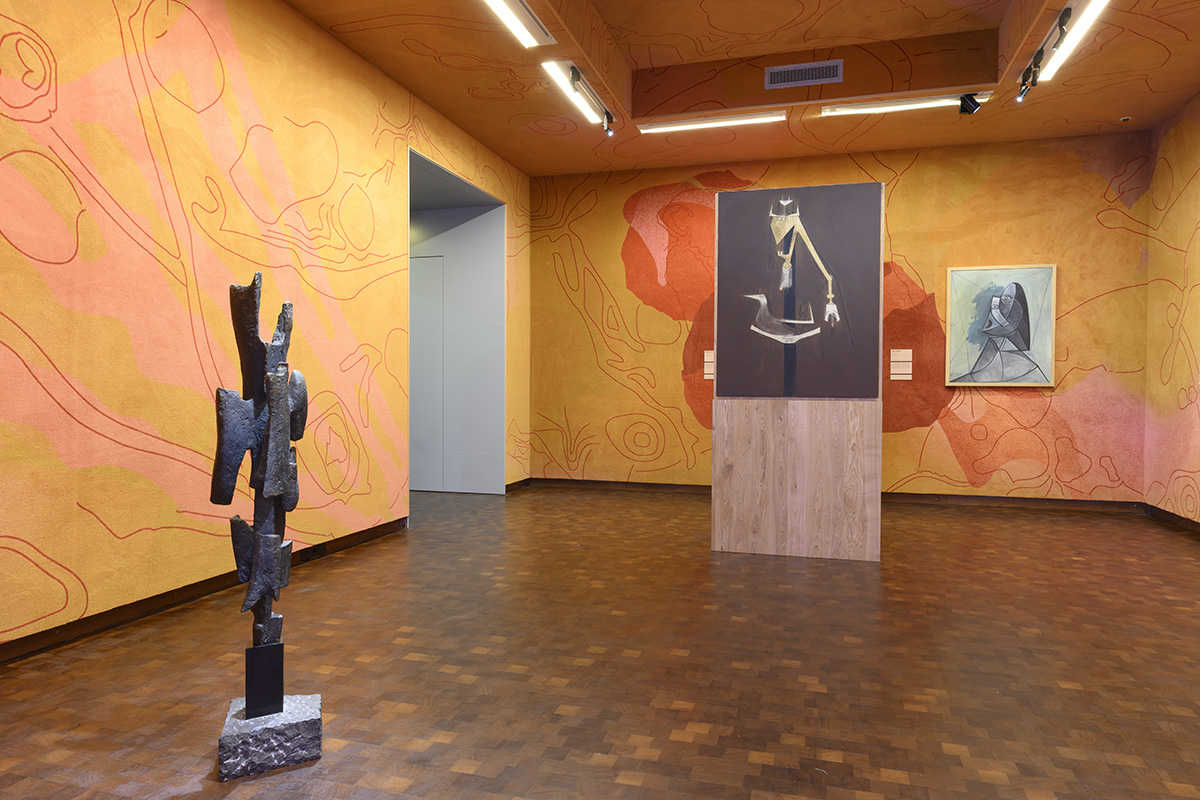Steve Flinders: You need to be good at languages
Text & Photo: Steve Flinders

I asked a German management team recently what competences and behaviours we need for working internationally. The first thing they came up with was competence in foreign languages. But what does this mean?
For them, it meant having an operational level in English. Certainly English is the dominant international language today and is likely to remain so for a while. But is this enough? I think that to be linguistically well-equipped, today’s global citizens need not just their native language and English but another ‘global language’ as well.
A global language is one spoken by lots of people. Google the ten most spoken languages and more or less the same ones come up each time. In addition to English, there is usually Mandarin, Spanish, Arabic, Hindi, Bengali, Portuguese, Russian, French and Urdu, with German, Japanese and Indonesian hanging in there too – take your pick. Any one of them will enable you to do business or simply chat with anything between 150 million and a billion or more people.
There is another dimension to language competence, however, whose effectiveness I learnt from a French banker who audits branch offices worldwide. “Make the effort to learn 15 words and phrases of the local language wherever you go,” he told me, “and it will open doors, help you build relationships, and change your status from tourist to respected visitor.” He has done this in a dozen languages and has gained benefits both professionally and personally as a result.
So next time you go to a new country, try memorising the local words for: Thank you, Yes, No, Hello, Goodbye, Excuse me, I’m sorry, How are you?, How much is it?, What is this?, Where is … ?, Can I have the bill, please?, Toilet, Station, and a few others, and enjoy a qualitatively different travel experience.
Like so many lazy anglophones, I’m a poor language learner though my French is not too bad and I know quite a few translations of ‘beer’. I do find memorising 15 words in a new language hard although on a recent trip to Japan, I tried visual association. The Japanese for thank you is ‘arigatou’; and my mental image was of a British prince, Harry – ‘ari’ with a French cake – ‘gateau’ on his head. It worked every time. It’s added a whole new surreal and fun dimension to my language learning.
Steve Flinders is a freelance trainer, writer and coach, based in Malta, who helps people develop their communication and leadership skills for working internationally: steveflind@aol.com.
Disclaimer: The views and opinions expressed in this column are those of the author and do not necessarily reflect the official policy or position of Discover Benelux.
Subscribe to Our Newsletter
Receive our monthly newsletter by email




